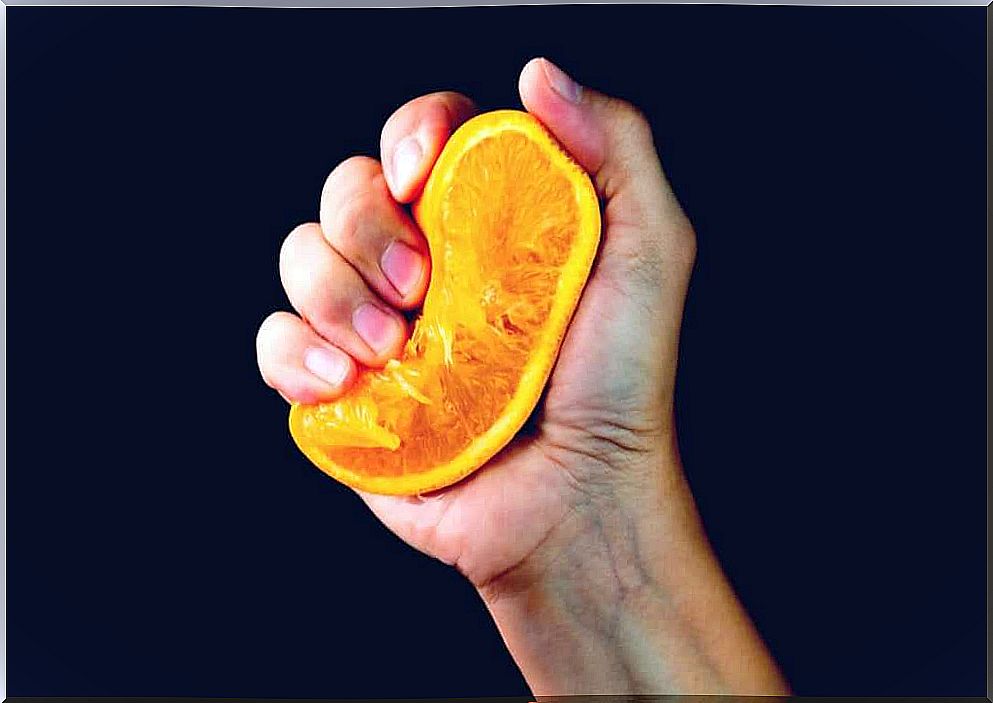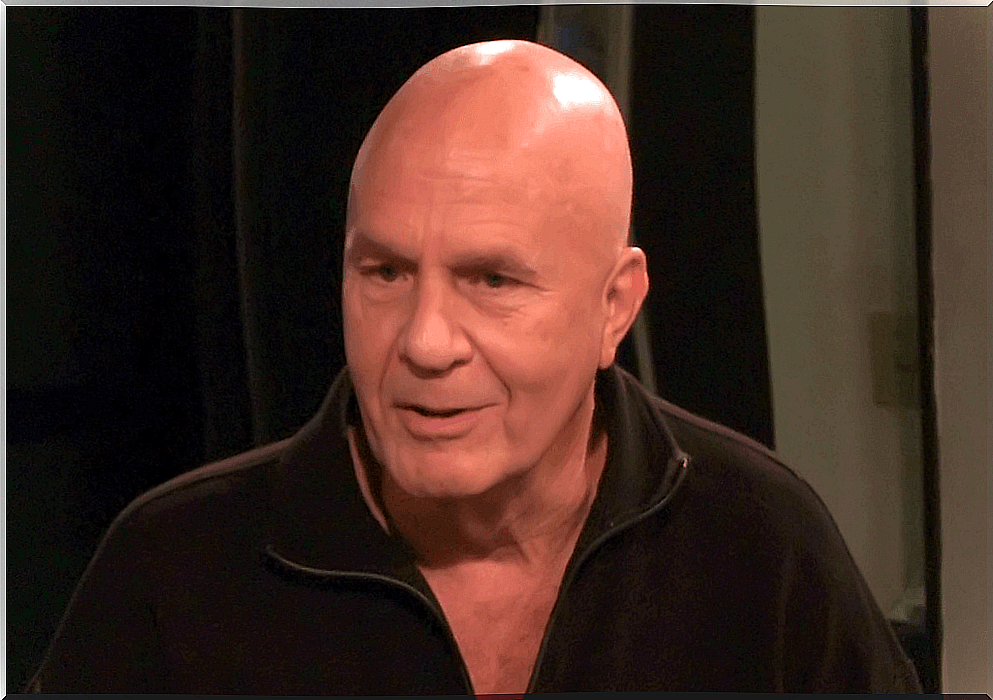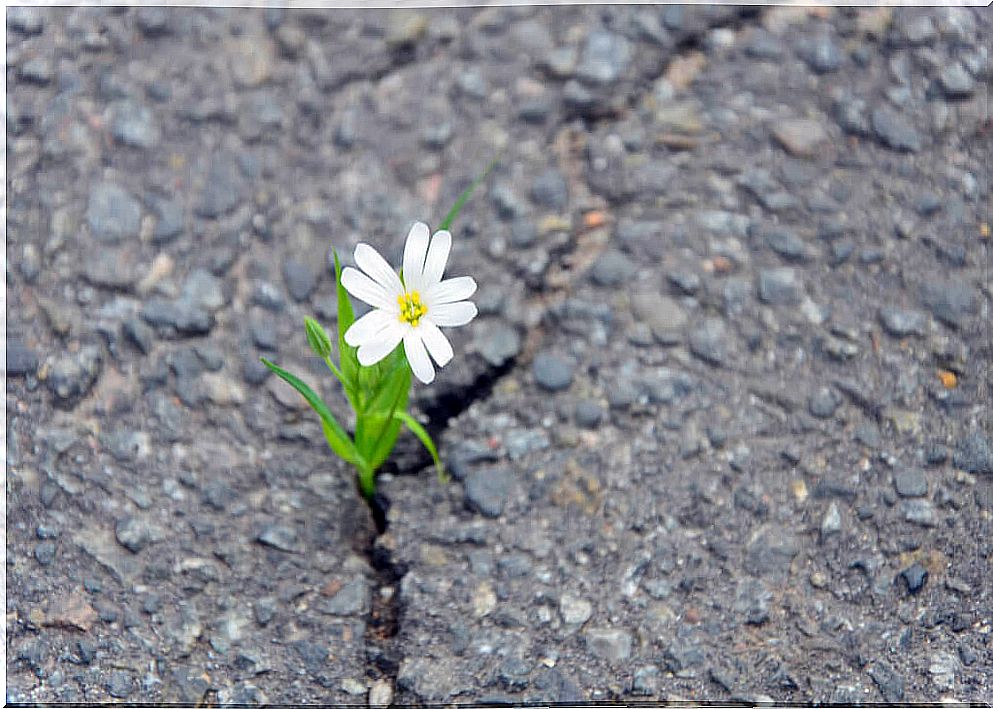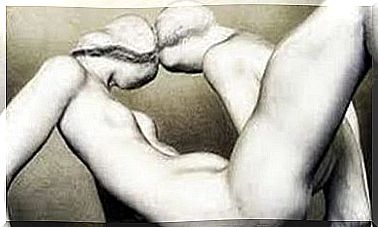The Metaphor Of Orange: How Do We React To Provocations?

If someone bothers you or makes you lose patience, what emotions do you feel? Anger? Cheer? Anger? The metaphor of orange, presented by psychologist, lecturer and writer Wayne Dyer, helps us understand why it is so important to know our emotional world.
Wayne Dyer is known for his lectures in several countries. His success is the result of the publication of his famous book Your erroneous areas . The orange metaphor was born during one of these conferences, in Toronto (Canada), the day before Dyer’s death.
His speech, inserted in the lecture series I can do it (I can do it ), surprised everyone: Wayne pulled out an orange to support his explanation. Then, he started talking to a 12-year-old boy who was sitting in the front row.

Dyer’s orange metaphor
“If I squeezed this orange as hard as I can, what would come out of it?” Dyer asked. The boy looked at him as if he were crazy and replied: “Juice, of course.” Dyer replied, “You think apple juice might come out. ” “No,” laughed the little one. “What about grapefruit juice?”. “Not even”. “What would come out of it”. “Orange juice, of course”.
“Because? Why does orange juice come out of it when we squeeze an orange? ”. The young man was visibly confused at this point, but he replied anyway: “Well, it’s an orange, and that’s what’s inside. ” Wayne nodded and continued.
“Suppose this is not an orange. It is you. Imagine that someone provokes you, makes you lose patience, tells you something you don’t like, that offends you. And you respond with anger, hatred, resentment, fear. Why do you react with these emotions? ”.
How do we react to provocations?
“Because what you have inside comes out. It is one of the great lessons of life ”. “If anger, pain or fear comes out, it’s because you have them inside you. It doesn’t matter who provokes you: your mother, your partner, your children, your boss, your employee… If someone says something you don’t like, what you have inside comes out. And what you have inside is your choice “.
“If nothing but love comes out of you, it’s because you allowed it to be like that. If you eliminate all the emotions that consume you (envy, hatred, resentment, shame…) and replace them with love, you are living a highly functional life “. “Thank you, my young friend,” Wayne said. “This orange is for you”.
The metaphor of the orange and resilience
And what’s better than continuing the orange metaphor with another citrus-themed moral. You may have heard Stephen King’s aphorism: ” If life gives you lemons, make a lemonade “. Have you ever thought about its meaning? This phrase, which has nothing to do with conformism, is certainly a very simple definition of the concept of resilience.
“Resilience” is a word that derives from the Latin ( resiliens ) and which means “to bounce”. Applied to psychology, it refers to the ability to overcome adversity and move forward. Resilient people are those who manage to make lemonade with the lemons offered by life: losses, disappointments, breakups, etc.
It was previously thought that resilience was an innate gift, but science has shown that this ability can be trained. Like? For example, accepting that changes are part of life, trusting others and cultivating social relationships. Or by focusing on positive events, accepting challenges as opportunities, and setting flexible and realistic goals.

Cultivate yourself
The metaphor of orange and lemons explain the importance of cultivating our inner universe. If we fill it with low fertile soil, weeds will grow. If, on the other hand, we water it frequently, take care of it and use fertile land, it will be more difficult for harmful elements to grow inside us.
Filling ourselves with toxic thoughts or feelings is not doing us any good. In the end, the only ones we lose are ourselves. Who suffers from the envy we feel? We. Who does our desire for revenge affect? Over U.S.
It is we, personally, who suffer the consequences of these emotions. Precisely for this reason, when revenge is served cold, it affects both sides: who is serving and who is being served.









